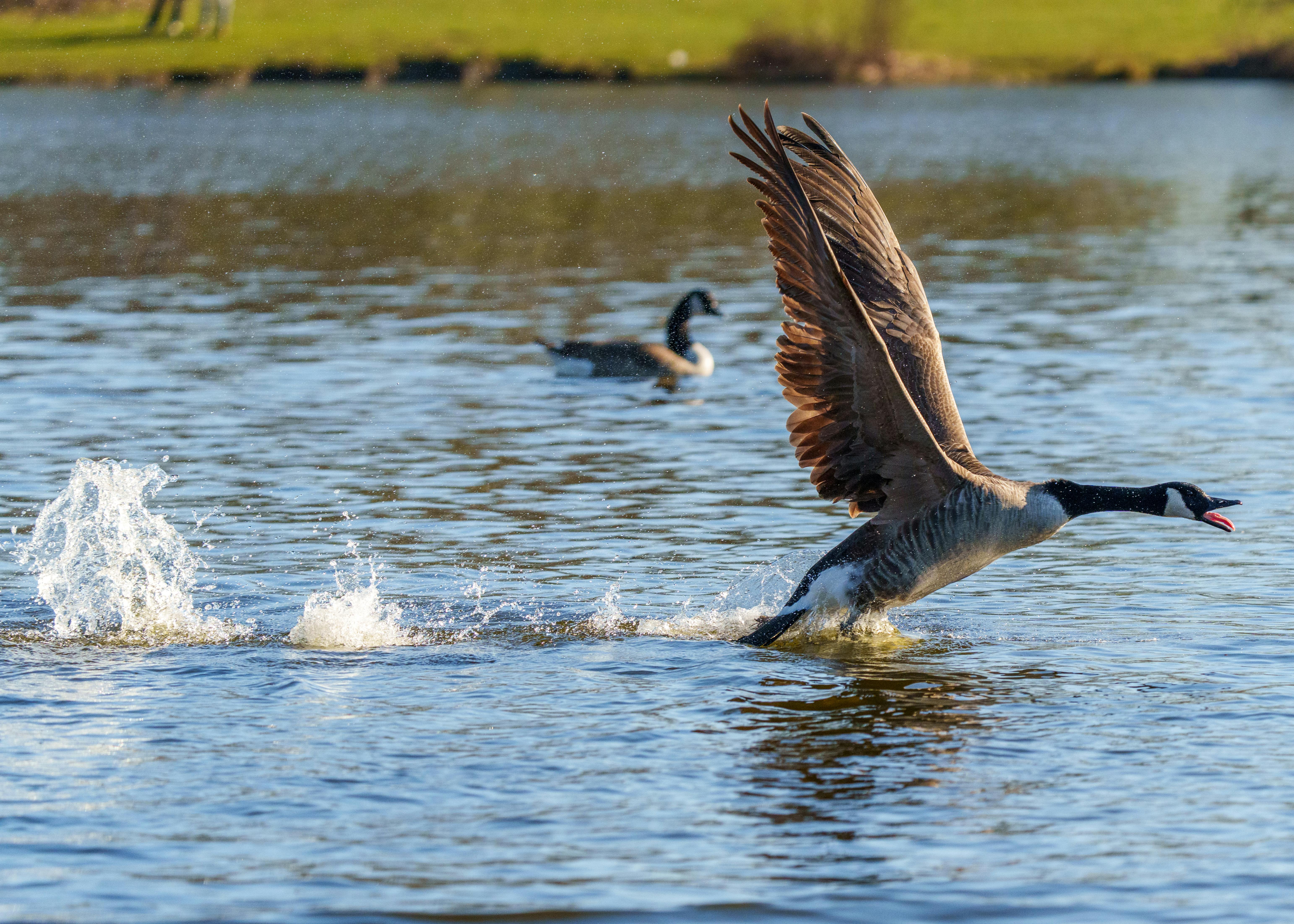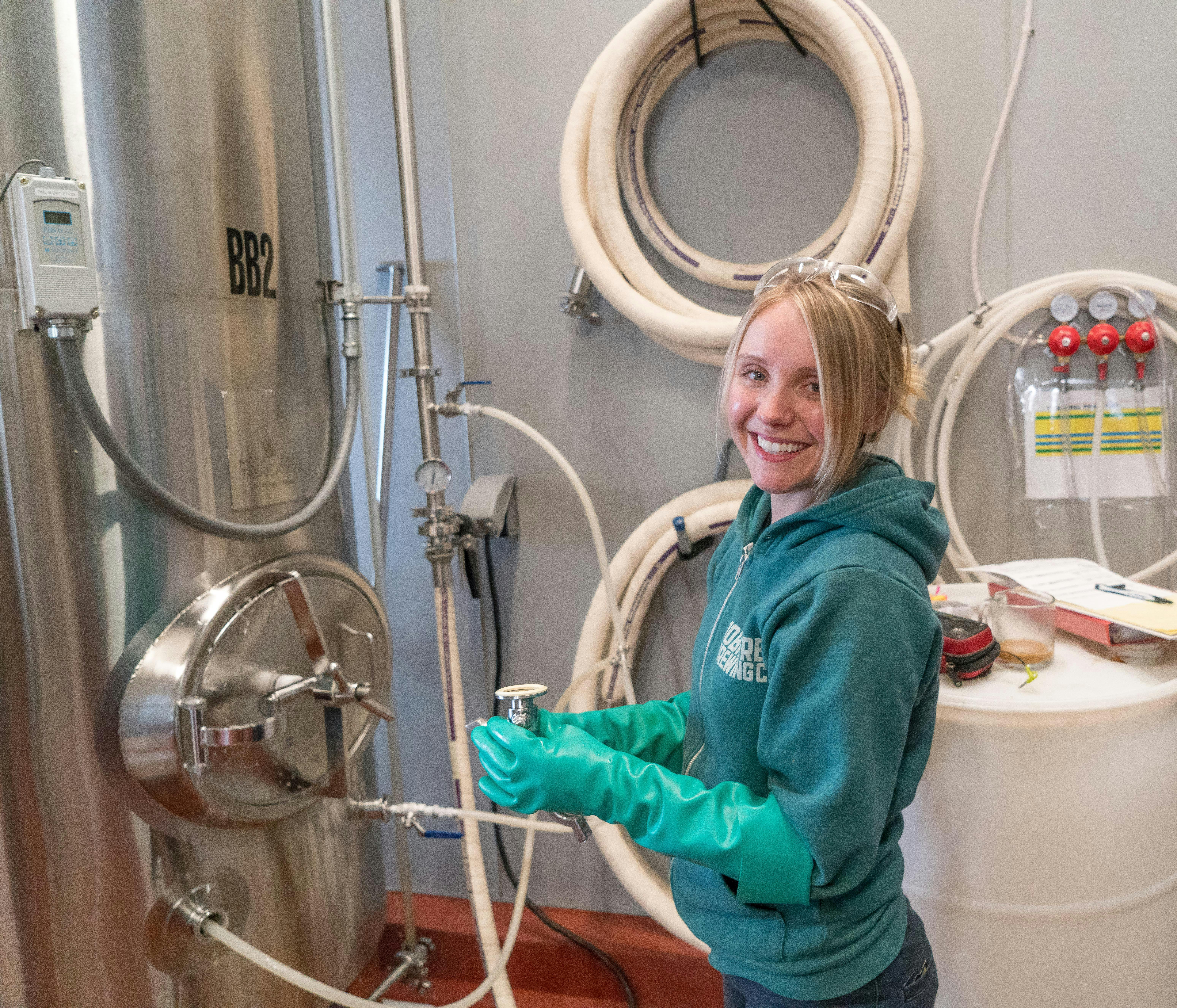
Smart Ways to Optimize Ocean Farm Strategies in 2025
As the world continues to focus on sustainable food sources, ocean farming has emerged as a critical component of the blue economy. With the growing challenges associated with terrestrial farming, ocean agriculture offers a promising solution to meet the increasing demand for seafood while minimizing environmental impacts. This article explores strategies for optimizing ocean farm practices in 2025, emphasizing sustainable techniques, innovations in aquaculture, and the importance of marine resource management.
Understanding the significance of ocean farming is essential in addressing pressing issues such as ocean health and sustainable seafood distribution. This article will cover various aspects of ocean agriculture, including regenerative practices, technological advancements, and effective ocean management strategies. Key takeaways include insights on enhancing aquatic ecosystems, integrating coastal agriculture techniques, and promoting responsible aquaculture.
Essential Techniques for Sustainable Ocean Farming
Building on the concept of ocean farming, the application of innovative techniques plays a vital role in the future of sustainable aquaculture. Methods such as aquaponics, kelp cultivation, and underwater farming systems are gaining traction. These practices not only cultivate marine species but also support ocean health and biodiversity.
Introduction to Aquaponics Systems
Aquaponics combines aquaculture and hydroponics to create a sustainable farming ecosystem. Fish waste serves as nutrients for plants, while plants purify the water for fish. This method reduces reliance on chemical fertilizers and minimizes water usage, making it a prime candidate for ocean-based livelihoods.
Kelp Cultivation as a Resource
Kelp farming has gained popularity due to its low environmental footprint and high demand in various industries, including food, biofuels, and cosmetics. Kelp acts as a carbon sink, aiding in ocean climate change mitigation while providing habitats for marine life. Effective management practices that promote kelp as a resource are essential for a sustainable future.
Utilizing Underwater Farming Systems
Implementing underwater farming systems enhances food production capabilities in marine ecosystems. These systems can improve water quality and biodiversity by promoting nutrient recycling. By strategically placing farms in underutilized oceanic habitats, aquaculture practices can expand while preserving vital marine environments.
The Role of Technology in Ocean Agriculture
With advancements in marine technology, ocean farming is becoming more efficient and responsive to environmental changes. Innovations in underwater robotics, monitoring systems, and data analytics allow farmers to make informed decisions that benefit both production and ecological balance.
Underwater Robotics for Enhanced Monitoring
Underwater robotics can collect real-time data on water quality, ocean currents, and marine life behavior. This information is crucial for optimizing ocean farm environments, ensuring that practices align with ecosystem health and sustainability goals.
Data Analytics for Improved Decision Making
The integration of data analytics into ocean farming operations allows for better resource management. Farmers can predict trends, monitor environmental impacts, and adjust practices accordingly. Effective use of data leads to higher yields with reduced ecological footprints.
Wave Energy Generation in Aquaculture
Wave energy generation presents an innovative solution for powering ocean farms sustainably. By harnessing renewable energy sources, aquaculture operations can reduce their dependence on fossil fuels while decreasing operational costs. This aligns with the objectives of marine stewardship and sustainable ocean practices.
Integrating Coastal Communities into Ocean Farming
Maintaining a connection with coastal communities is vital for the success of ocean farming strategies. Engaging local populations ensures that farming practices align with community needs and fosters a network of support for sustainable seafood initiatives.
Creating Sustainable Fishing Methods
Integrating sustainable fishing methods into ocean farming can enhance the overall productivity of marine food systems. Collaboration with local fishers helps in developing practices that respect fish population dynamics and environmental sustainability.
Maritime Economy and Local Livelihoods
The promotion of ocean farming can significantly boost local economies by providing employment and promoting responsible aquaculture. Targeted initiatives that support sustainable fishing methods contribute to resilient coastal communities.
Education and Awareness Programs
Implementing education and awareness programs within coastal communities can promote responsible ocean farming practices. Sharing knowledge about sustainable seafood consumption, the importance of marine ecosystems, and effective management techniques strengthens community engagement.
Conservation Strategies and Marine Stewardship
Incorporating marine conservation strategies into ocean farming is crucial to protect ocean biodiversity and ecosystems. These approaches not only sustain aquatic food sources but also contribute to the health of oceanic habitats.
Assessing Environmental Impacts of Aquaculture
Conducting thorough environmental impact assessments is essential for understanding the consequences of aquaculture practices. This ensures that operations minimize their ecological footprint while maximizing benefits for local communities and marine life.
Ocean Biodiversity Conservation Initiatives
Implementing initiatives focused on ocean biodiversity conservation is vital for maintaining the health of aquatic ecosystems. Strategies that support diverse marine habitats help ensure sustainable ocean resources for future generations.
Collaborative Marine Resource Management
Building partnerships among stakeholders in the maritime economy promotes sustainable ocean management. Collaborative efforts between government agencies, local communities, and the private sector ensure effective marine resource utilization and conservation practices.
Q&A: Common Questions About Optimizing Ocean Farm Strategies
What are the benefits of kelp farming?
Kelp farming offers numerous benefits, including reducing carbon emissions, enhancing marine biodiversity, and providing a sustainable food source. Kelp also supports ecosystem health by improving water quality and providing habitats for marine organisms.
How can technology improve aquaculture practices?
Technology enhances aquaculture practices through advanced monitoring, data analytics, and innovative farming techniques. These tools allow farmers to optimize production, minimize environmental impact, and respond effectively to changing ocean conditions.
What roles do coastal communities play in ocean farming?
Coastal communities are integral to ocean farming, providing local knowledge, labor, and support for sustainable practices. Community engagement fosters a sense of stewardship, encouraging responsible management of marine resources.
How can aquaculture address ocean health concerns?
Responsible aquaculture can address ocean health concerns by employing sustainable practices that minimize pollution and support marine ecosystems. Additionally, aquaculture can provide alternative food sources to reduce pressure on wild fish stocks.
What is regenerative ocean farming?
Regenerative ocean farming focuses on restoring and enhancing marine ecosystems while producing food. Techniques often include polyculture of various species, which increases biodiversity and promotes ecosystem resilience.

